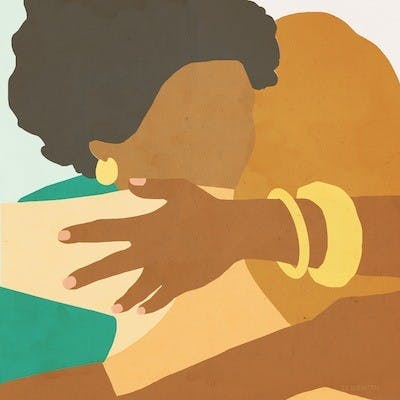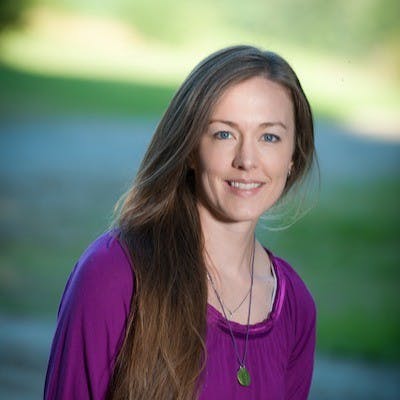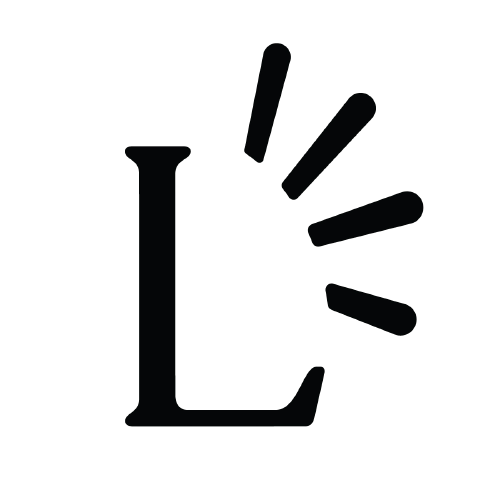
What is a Death Doula and What do They do?
Your guide to everything they are and everything they're not

An end-of-life doula is someone who, in a non-medical capacity, provides support to people living with a terminal illness; helping them process, plan, and prepare for their final chapter. A doula can create bridges of communication within a family unit, and connect clients to beneficial services. We attend to the whole person and keep a close eye on signs of suffering.
Just as a birth doula talks through labor-related anxieties and hopes with a pregnant client, an end-of-life doula meets with clients to discuss death-related worries and wishes. Doulas ask: What are your beliefs? What are your values? Who are you at your core and how can we best honor you?
We focus our attention on meaningful living and empowered dying.
Being an end-of-life doula doesn’t necessarily mean being an expert on death. It means truly listening to clients, trusting in their inherent strength, and using our skills and information to put their needs and wants at the center of their dying process.
Being a doula means not carrying judgment. One client’s best last phase of life might be watching home renovation shows and eating ice cream. A different client might be focused on creating unique legacy gifts for loved ones (a letter for a wife, a collage of photos for a son, and an obituary thoughtfully crafted with personality). Another person might opt to receive palliative treatments for a disease process for as long as possible in order to remain fervently dedicated to their job right up until the end. My hope as a doula is that my clients have all the information they need to make their best decisions. They know what choices they have, they’ve reviewed all of their options, and they feel supported in their right to self-determination.
It is an incredible honor to be invited into times of such intensity. Whether it is birth, death, or mourning, these experiences are like no others. Time eludes us. To-do lists fade from the forefront. We are present to the moment, the suffering, the beauty, and the undeniable connectedness of it all.
Interested in connecting with a doula?
There are a few great ways to get started: a simple internet search might be fruitful (end-of-life doula [insert name of town]), but if you’d rather connect with a real person, consider checking your local hospice or palliative care providers, or your local Area Agency on Aging. Most doulas will offer a complimentary initial meeting. In that meeting, consider asking:
- What is your philosophy of care?
- What services can you offer me?
- How do you work alongside my medical team and loved ones?
And notice if the doula is:
- Inquiring about you, your perspective, and your natural network.
- Committed to creating harmony and promotes a collaborative spirit.
- A good fit for you and your needs.
Francesca Arnoldy is the course developer and program director of the University of Vermont Larner College of Medicine's End-of-Life Doula Professional Certificate Program. She leads in-person workshops about doula approaches and end-of-life wishes. She works collaboratively with her local hospice and palliative care teams. Her goal is to encourage people to hold one another's hands through life's intensities and sacred rites of passage. You can find her musings about birth, death, and life with the doula heart on her website/blog: ContemplativeDoula.com
